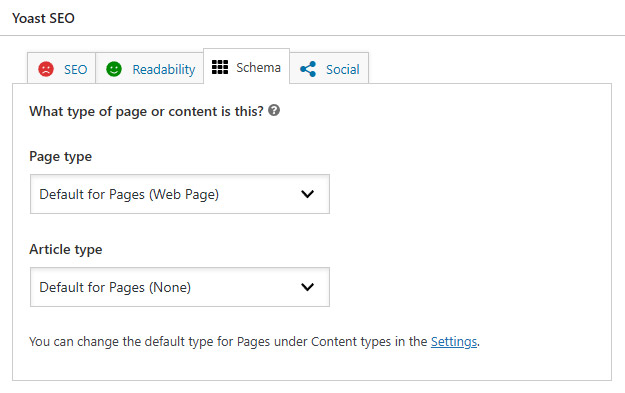Have you ever noticed how some websites show up at the top of search results with handy lists of products or events? They appear right below the sponsored results, offering specific details about a company, its job listings, or even upcoming events. This doesn’t happen by magic! After a website is indexed by search engines, there’s a way to give them extra, detailed information about your business that can be featured right on the search results page. That magic trick? It’s called “structured data markup” or “schema,” as defined on the schema.org website.
What Exactly is Schema Markup?
Think of schema as hidden code that gives search engines key info about the important elements of your business. For example, an eCommerce site can use schema to provide details on each product it sells—things like product images, prices, and even ratings. This extra information shows up as “rich snippets,” those eye-catching listings that appear right above regular search results, looking something like this:

Products rich snippets example
Google has its own definition of this powerful (and often underused) tool:
“Structured data markup is an annotation system that you can add to your website. Structured data lets Google and other web platforms automatically read your site and directly pull product data from your HTML. Schema.org is a collection of structured data markup and annotations that are supported and used by major search engines and web platforms, including Google.”
Schema can be used for more than just products. If you’ve got an upcoming event, schema code helps search engines feature it as a rich snippet in search results. For instance, if your website has an event calendar, adding schema to event pages could get those events highlighted above organic search results—handy, right?

Events rich snippets example
There are many types of schema markup out there, but let’s look at another common use case—job listings. If your organization has job openings, schema can provide detailed information about each position, so those job postings can show up as rich snippets in search results.

Job listings rich snippets example
Does Using Schema Improve Your Search Engine Rankings?
Now, here’s where it gets interesting — using schema won’t directly improve your search engine rankings. Good SEO requires a combination of quality content, smart meta tags, clean coding, a solid website design, fast servers, and an overall strategy. But, schema can give specific parts of your site prime visibility by displaying rich snippets—even above the highest-ranking pages.
So, while schema isn’t a ranking factor, it does get you noticed in ways that can lead to more clicks. Here are just a few types of schema that might be useful for your site:
- Article (from a blog)
- Event
- FAQ
- Job Posting
- Learning Video
- Local Business
- Organization
- Product
- Software App
- Video
How Do I Add Schema to My Website?
Many of our clients use WordPress to power their websites, and to make sure they’re optimized for search engines, we often rely on the Yoast SEO plugin. A great feature of Yoast is that it comes with built-in schema capabilities, making it easy to add structured data to any page with just a few clicks. However, while it’s convenient, the plugin only gives you limited control over the specific data that gets included in the embedded code. If you’re looking for more control over the schema settings, Yoast offers some extensions (with a yearly fee) to enhance what you can tweak.

But Yoast isn’t the only game in town! If you want a plugin that focuses solely on creating schema code, there are other options that give you more flexibility in managing what gets included in the rich snippets displayed in search results. Here are three popular schema-focused plugins:
Now, if you’re a control enthusiast and want to ensure every detail of your schema is just right, the best option is to create the code manually. Luckily, you don’t have to start from scratch. There are handy online tools that let you select exactly which fields to include. Once the schema is generated, it’s just a matter of adding the code into the HTML header of your site—something a web developer or one comfortable with website code can handle.
Let’s Tackle This Together!
At Interlock Solutions, we’ve got plenty of experience implementing schema code to help clients get their rich snippets shining on search results pages. Whether it’s configuring Yoast, installing a schema plugin, or manually adding code, we can help your site get the representation it deserves on the search engines. Reach out today, and let’s get your site noticed!

